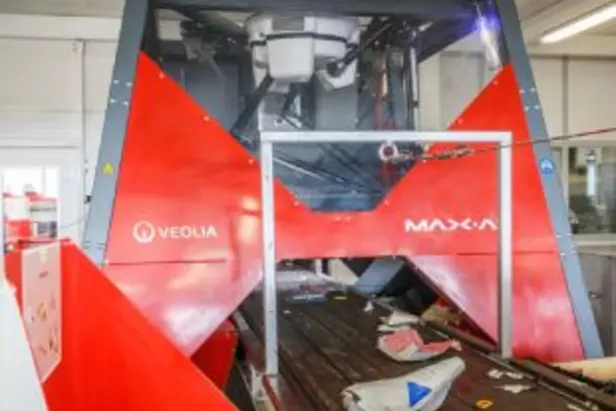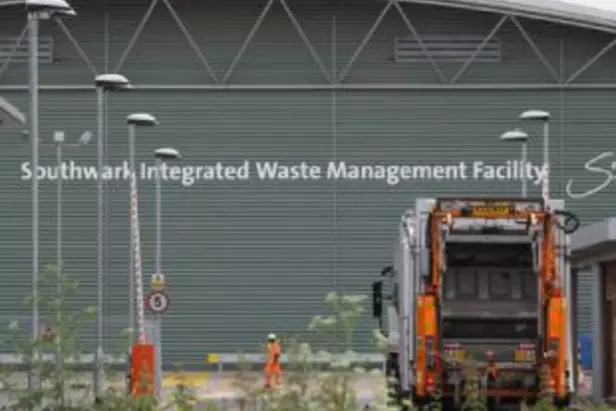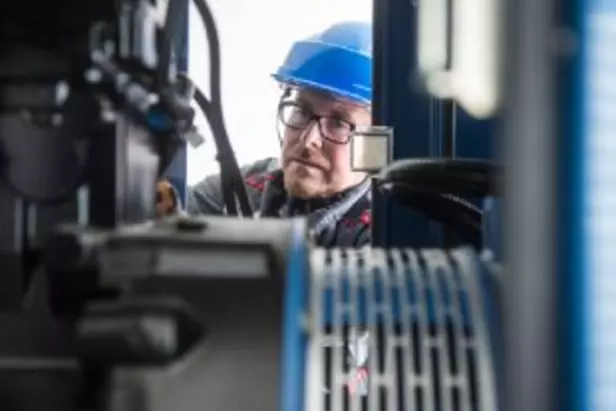The development of digital and new technologies has taken us into what many people call “the fourth industrial revolution.”
Dominated by robotics, neurotechnologies, 3D printing and the Internet of Things, it is nevertheless something else that people are talking about because of its multiple facets: artificial intelligence.
What is artificial intelligence?
Artificial intelligence - or AI – refers to all the techniques and theories used to simulate human intelligence in machines. They often take the form of systems able to understand their environment – often through sensors – and to react to it to perform certain tasks.
In concrete terms, artificial intelligence is able to understand the information submitted to it, to memorize it and to use its experience to adapt to new situations. An example of artificial intelligence? AI is found pretty much everywhere today: In our smartphones with intelligent assistants or navigation services that allow us to find our way around easily, on social networks, in features that monitor feeds and recommend content to us, in facial recognition technology, etc.
How artificial intelligence works for our businesses
We rely on the advantages of artificial intelligence to get the most out of what we do and to simplify our operations:
- Monitoring and optimizing water consumption
- Managing water networks
- Waste sorting and recycling
- Detecting and anticipating infrastructure events and anomalies
- Remote and continuous facility management and monitoring.
Artificial intelligence is also used in many of our tools:
- In our Hubgrade management centers where our teams remotely and continuously manage the facilities across all our businesses
- In our connected sensors for smarter water consumption management
- In the Bob unit, which analyzes the vibrations of industrial machines to improve anomaly detection
- In the robots used in our sorting centers.
We did it!

France
While a human operator performs about 2,200 sorting operations an hour, Max AI is able to perform about 3,600 - a 1.5-fold increase in performance. Using its two optical cameras and its knowledge of the types of materials and waste, it detects undesirable content and removes it with its articulated arm. It contributes to improving sorting performance and agent comfort, while allowing them to improve their quality control skills.

United Kingdom
Portik’s integrated camera continuously analyzes the composition of waste streams and calculates the changes in the purity of aluminum waste. It is transportable and can be positioned anywhere in the sorting chain: at the beginning, to define the incoming waste, or at the end, to measure the quality of sorted waste.

France
When deployed at a plant, Bob’s ten or so sensors continuously monitor the wastewater treatment machines on which they are installed. Artificial intelligence enables these sensors to analyze abnormal vibrations and detect anomalies. Our maintenance teams are then able to provide the required service even ahead of time if necessary.


